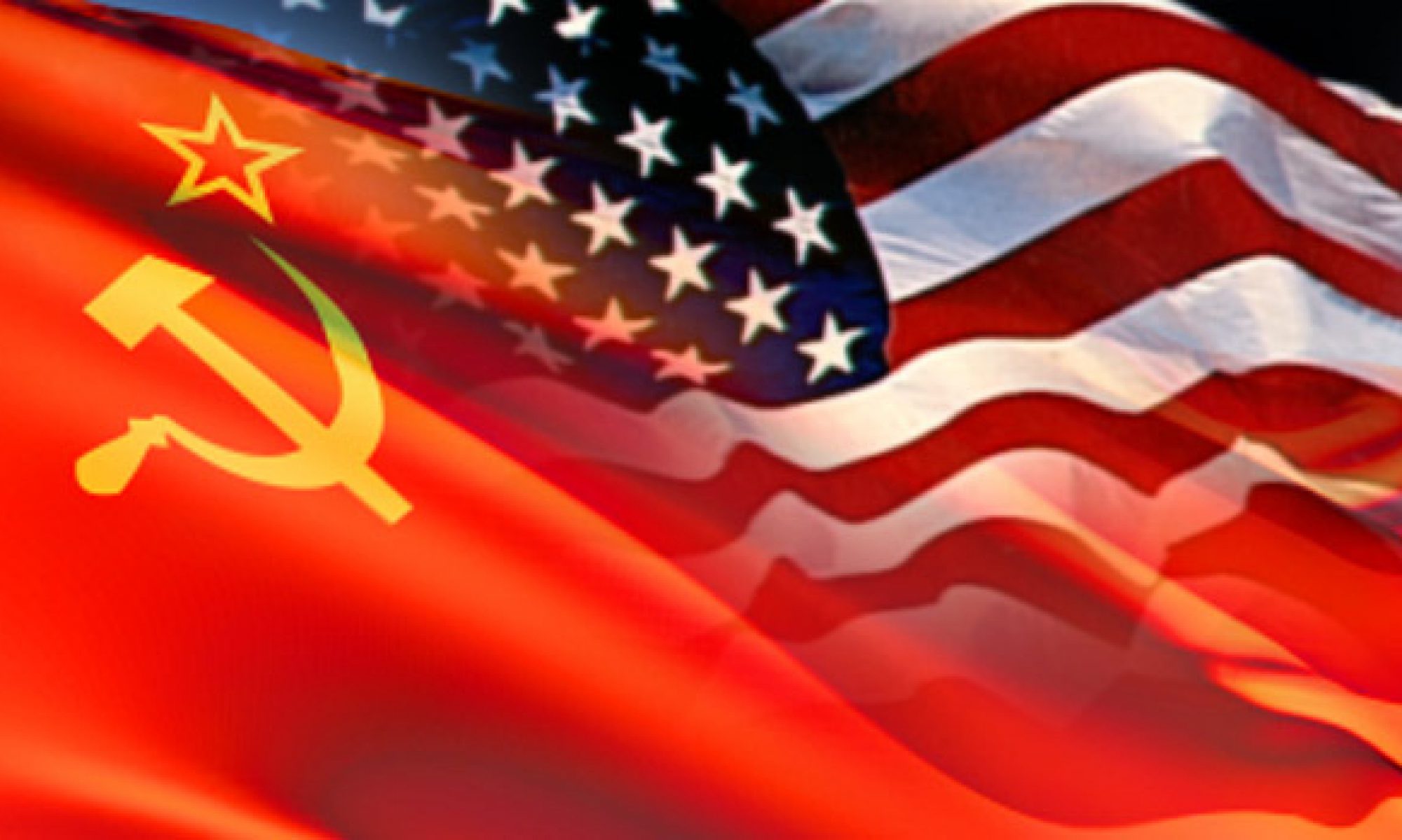
World War III novels, movies and even blogs are as diverse and imaginative as their authors choose to make them. Even in instances where multiple works of fiction examine the same hypothetical theater or overall conflict there will not be many similarities throughout the bulk of the novels. Different writing styles, plots and points of view are guaranteed to keep the reader fixed on a uniquely original WWIII scenario brought to life in novels. But when the final chapters and plot conclusions roll around, it’s a totally different ballgame altogether. And so emerges the root of a squishy problem.
You see, the majority of popular NATO-Warsaw Pact, Cold War World War III novels, movies and other types of fiction end in either nuclear war or the overthrow of the Soviet general secretary and politburo just moments before the Kremlin decides to launch an all-out nuclear strike on the US and Europe. Other novels and fiction incorporate aspects of both options in their concluding chapters, creating an ending that is somewhat different from those above, but lacks the creativity to be considered entirely new and exclusive.
The squishy problem facing writers of the World War III genre is similar to what Zombie genre has found itself confronting in recent years: How to make an age old topic fresh and appealing when a good part of the audience or readership already has a good idea of how it is all going to end? My personal belief is that creative ideas, solid fiction writing skills and a good amount of luck are essential for current and future writers to conquer the squishy problem of crafting enticing and believable conclusions. After the Central Front entries wrap up on Monday or Tuesday, I’m going to jump back on this topic and dive into more detail concerning how to defeat this squishy problem. I will also provide a list of WWIII novels written over the last 46+ years and discuss how their concluding chapters worked or didn’t work as the case might be. Below I have listed two novels from the genre and talk a bit about them.
The Red Line, Walt Gragg- This book looks at a contemporary Russian invasion of Germany, only it came across as a cut out from the Cold War and placed in the early 21st Century. On a scale of 1-10 I give his writing a solid 5.5. Nothing to write home about….pardon the pun… and the novel ends in predictable fashion. Russia’s Vladimir Putin clone of a strongman leader is deposed before he can turn to WMD to conquer Germany.
2034: A Novel of the Next World War, Elliot Ackerman and Admiral James Stavridis- How World War III could turn out in ten years. China, Iran, India, the US and a host of smaller allied nations square off after the US and China engage in a naval battle in the South China Sea. A cautionary tale trumpeting Stavridis and his long held misinterpretation of the present multipolar world (read Great Powers competition) Again, a quite predictable conclusion, at least if you are familiar with Stavridis and his mega ego. I want to talk at length about this book one day.

Stavridis novel is awful in terms of… everything, plot, writing and ending. Red Army by Ralph Peters is the more realistic, but of course, writers want to end on a possitive note. Also by Ralph Peters but not strictly the WW3 we all love is “The War in 2020” worth a read, but you have to overcome depression.
LikeLiked by 2 people
Yeah, I have to agree. About both points. “War in 2020” was decent and interesting but yeah…..depressing is the result 🙂
LikeLike
You may have inspired a blog post by me.
LikeLike
I hope I have 🙂
LikeLike